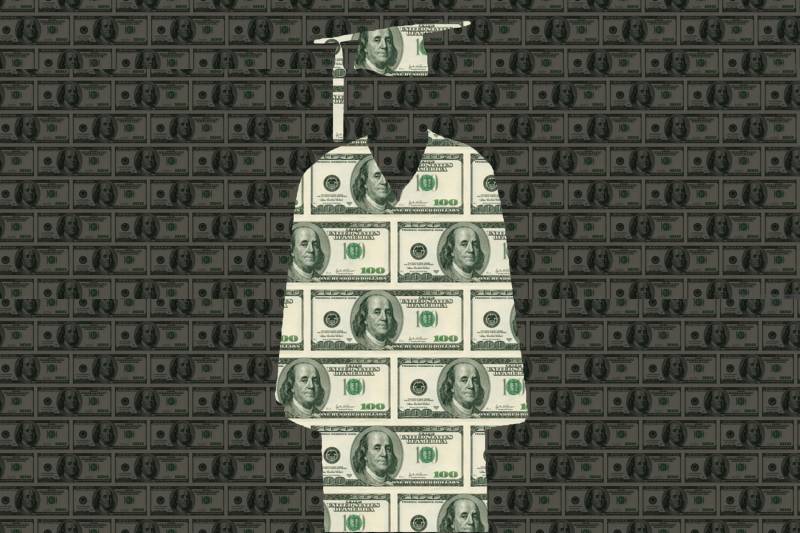The department estimates that the changes will result in immediate debt cancellation for at least 40,000 borrowers who will now qualify for Public Service Loan Forgiveness. In addition, several thousand borrowers will now qualify for debt cancellation under IDR.
This follows a 2021 revelation that, at the time, 4.4 million borrowers had been repaying their loans for at least 20 years but only 32 had had debts canceled under IDR.
As a result of Tuesday’s news, millions more borrowers will also receive months and, in some cases, years of new credit toward eventual cancellation.
Here’s what the department is committing to do:
Borrowers with long-term forbearances will get credit toward debt cancellation
The department and its office of Federal Student Aid (FSA) pledge to conduct a “one-time account adjustment” to give borrowers credit for time spent in what it considers unjustifiably long forbearances: more than 12 consecutive months or more than 36 cumulative months.
Forbearance allows borrowers in financial trouble to pause their payments, but interest continues to accrue and capitalize, meaning the interest itself ends up accruing interest. Income-driven repayment plans can offer the same, or nearly the same, reprieve from high monthly payments, and, unlike forbearance, they give borrowers a path toward loan cancellation.
After July 2009 when IDR plans became widely available, forbearance should have been loan servicers’ tool of last resort for distressed borrowers. Instead, the department says, a new review found that servicers’ use of long-term forbearance was “remarkably widespread.”
According to the department, between July 2009 and March 2020, more than 13% of all Direct Loan borrowers were in forbearance for at least 36 months, suggesting “loan servicers placed borrowers into forbearance in violation of Department rules, even when their monthly payment under an IDR plan could have been as low as zero dollars.” The department generally limits forbearance to 12 consecutive months or three years total, after which payments should resume.
The department’s remedy means that borrowers will be given credit toward loan cancellation for some of these long-term forbearances. For example, a borrower who spent 16 consecutive months in forbearance would be given credit for 16 qualifying payments toward cancellation.
The department estimates that 3.6 million borrowers will receive at least three years of new credit toward cancellation. Many more borrowers will benefit but receive less than that.
The plan excludes one prominent group of borrowers: those who spent less than 12 consecutive months and less than 36 cumulative months in forbearance, though it does promise an “account review” for those who choose to file a complaint with FSA’s ombudsman.
Inaccuracies in how qualifying payments were counted will be corrected
NPR reporting earlier this month revealed pervasive inaccuracies in loan servicers’ counts of borrowers’ qualifying IDR payments, which the department now acknowledges and pledges to address with a one-time revision of past payments.
“Any months in which borrowers made payments will count toward IDR, regardless of repayment plan,” the department’s release says. “Payments made prior to consolidation on consolidated loans will also count. This fix is necessary to correct for data problems and past implementation inaccuracies.”
After acquiring internal department documents, NPR found a litany of irregularities in how loan servicers were counting — or failing to count — qualifying IDR payments, thereby delaying borrowers’ progress toward forgiveness. For example, $0 monthly payments were not being adequately tracked, potentially hurting the lowest-income borrowers. Also, borrowers appeared to erroneously lose credit for previous progress made toward IDR after emerging from default.



9(MDAxOTAwOTE4MDEyMTkxMDAzNjczZDljZA004))